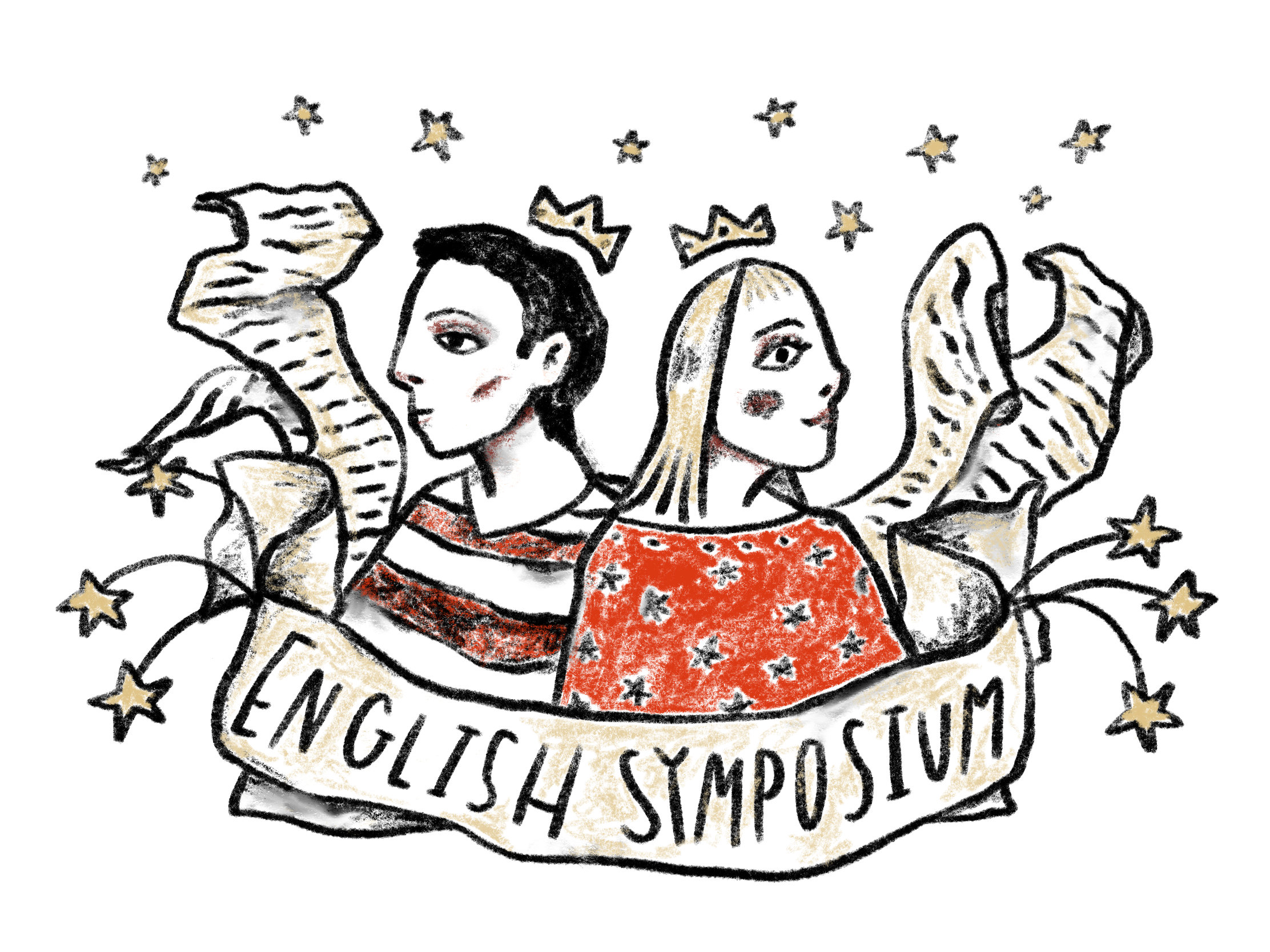Content Category
Literary Criticism
Abstract/Description
This paper shows the redeeming qualities in Edmund from King Lear and Angelo from Measure for Measure and how these qualities not only create some measure of understanding about the characters, but it also give evidence of how even the worst of humanity is capable of virtue. This understanding of a villain’s potential for good in turn leads to the conclusion that all of humanity has the potential for great virtue.
This paper does not endeavor to prove Edmund and Angelo heroes, they have many faults, but when one takes a grim view of the overall meaning in Lear and disregards the good aspects of Angelo, he or she ignores Shakespeare’s ability to coax forth beauty from tragedy.
One critic, Richard Matthews, uses four steps to explain Edmund’s final and perhaps only virtuous act, and this paper adapts those four steps and uses them to explain Angelo’s faults, capability of virtue, and the changes toward virtue that he began in the play.
The paper analyzes the end of the play, showing how although Angelo does not show warmth toward Mariana, there is the possibility of reform. This leaves the question of whether Angelo completely changes open-ended, thus emphasizing the potential for good in humanity. The play ends with Angelo able to recognize himself as a man with weaknesses—an essential step for anyone wishing to improve—and able to feel compassion. All that remains is for him to open himself up to understanding and reciprocating worthy love. He, like all of us, must continually seek to improve himself by building on the virtue that can be found in him.
Copyright and Licensing of My Content

This work is licensed under a Creative Commons Attribution-Noncommercial-No Derivative Works 4.0 License.
Origin of Submission
as part of a class
Faculty Involvement
Bruce Young
Angelo’s Measure: Corruption Capable of Virtue
This paper shows the redeeming qualities in Edmund from King Lear and Angelo from Measure for Measure and how these qualities not only create some measure of understanding about the characters, but it also give evidence of how even the worst of humanity is capable of virtue. This understanding of a villain’s potential for good in turn leads to the conclusion that all of humanity has the potential for great virtue.
This paper does not endeavor to prove Edmund and Angelo heroes, they have many faults, but when one takes a grim view of the overall meaning in Lear and disregards the good aspects of Angelo, he or she ignores Shakespeare’s ability to coax forth beauty from tragedy.
One critic, Richard Matthews, uses four steps to explain Edmund’s final and perhaps only virtuous act, and this paper adapts those four steps and uses them to explain Angelo’s faults, capability of virtue, and the changes toward virtue that he began in the play.
The paper analyzes the end of the play, showing how although Angelo does not show warmth toward Mariana, there is the possibility of reform. This leaves the question of whether Angelo completely changes open-ended, thus emphasizing the potential for good in humanity. The play ends with Angelo able to recognize himself as a man with weaknesses—an essential step for anyone wishing to improve—and able to feel compassion. All that remains is for him to open himself up to understanding and reciprocating worthy love. He, like all of us, must continually seek to improve himself by building on the virtue that can be found in him.

